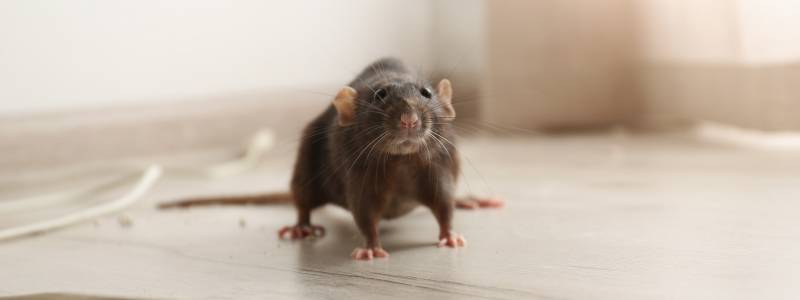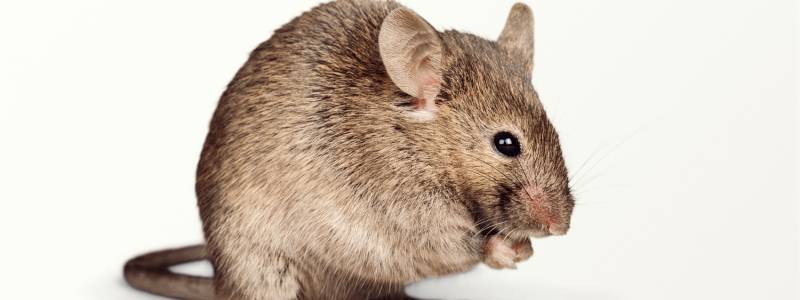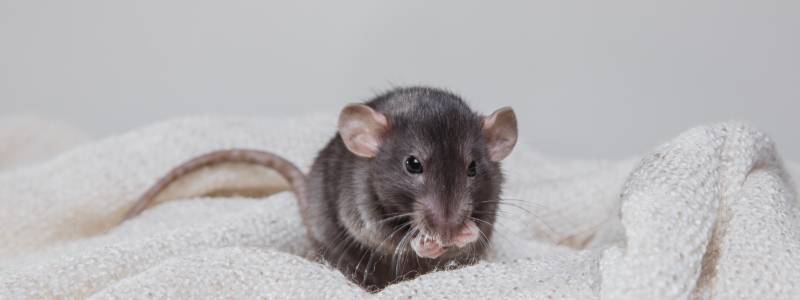How to Control Rodents
Tips for Rodent Control, Removal and Prevention
Rodents like mice, rats, and squirrels can cause big problems in your home. They spread diseases, eat your food, and damage your stuff by chewing on it. But there are ways to get rid of them and keep them out. Professional exterminators from Green Pest Control can also help. There are many effective methods for controlling rodent infestation so you can protect your property and health.
What Are Rodents and Why Control Them?
Rodents are small mammals with large front teeth for gnawing. The most common types are mice, rats, squirrels, gophers, and chipmunks. They enter structures in search of food sources, water, and shelter. Once inside, they can:
- Spread diseases like salmonella, hantavirus, and the plague through their urine, droppings, and bites.
- Contaminate or consume food meant for people or pets.
- Cause electrical fires by gnawing on wires.
- Damage insulation, wood, and other structural components.
Controlling rodents is extremely important for protecting your home or business. An infestation can be dangerous and lead to thousands in damages if left unchecked.
How to Inspect for Rodents
Look for these common signs of an infestation:
- Droppings – Dark colored and rice-shaped.
- Gnaw marks – Visible on wood, drywall, wires, etc.
- Tracks – Greasy rub markings from their bodies.
- Burrows – Dirt mounds or holes outside.
- Noise – Nocturnal scurrying in walls and ceilings.
- Odors – Powerful musky scent from urine.
Pay close attention to basements, attics, crawlspaces, garages, and areas where pet food is stored. These are common entry points and feeding grounds.
Identifying the Type of Rodent
Knowing what species of rodents you’re dealing with will help guide effective control methods. Here are some common household rodent pests:
Mice
- House Mouse – Most common, brownish-grey, large ears.
- Deer Mouse – Agile climbers, white/grey coats, carry hantavirus.
- Wood Mouse – Burrowers, bigger than house mice.
Rats
- Norway Rat – Large and burly, brown coats, dig burrows.
- Roof Rat – Agile climbers, brown/black coats, nest in trees/rafters.
Others
- Chipmunks – Striped, dig burrows, carry fleas.
- Squirrels – Large, dig burrows, chew wiring.
- Gophers – Underground tunnelers that damage lawns.
Mice can squeeze through holes the size of a nickel. Rats and squirrels need wider openings around 1-2 inches. Always seal any exterior holes and gaps to prevent entry.
Treatment Methods
There are several effective options for treating rodent problems:
Rodent Traps
- Snap traps – classic spring device that kill mice and rats. Kind of messy though.
- Live traps – cages that catch them alive so you can release them. More humane.
- Glue boards – Boards with extremely stick adhesive. Rodents are immediately caught and stuck when they step on them. Easy to use but not very nice.
- Electronic traps – high tech gadgets that zap rodents. Good for big rats.
Trapping pesky mammals allow you to dispose of rodent bodies so they don’t rot inside wall cavities. Place them along baseboards, in corners, and near rodent activity.
Rodenticides
- Poison bait blocks – Contain warfarin or rodenticides to kill rodents. Easy to use but potentially toxic.
- Fumigators – Lethal gas released into rodent burrows outdoors. Quickly reduces populations.
- Anticoagulants – Cause internal bleeding and death in 5-7 days. Also kills predators who eat poisoned rodents.
Rodenticides are very effective when used properly and safely around pets and children. They often require multiple applications.
Repellents and Deterrents
- Peppermint oil – Strong smell repels rodents. Needs frequent reapplication.
- Moth balls – Unpleasant odor drives away rodents. Toxic for people and pets.
- Sound deterrents – Ultrasonic devices emit high-pitched sounds to repel rodents. Not very effective alone.
Repellents may drive away rodents but don’t eliminate existing infestations. Use them as part of an integrated pest management (IPM) plan.
Diseases Spread by Rodents
Rodents can directly or indirectly transmit dozens of dangerous diseases to humans:
- Hantavirus – Spread through deer mouse droppings and cause respiratory illness.
- Rat bite fever – Transmitted from rat bites, causes fever, vomiting, headache.
- Leptospirosis – Bacteria found in urine can lead to organ damage and serious complications.
- Salmonella – Food poisoning spread through contaminated food and surfaces.
- Lymphocytic – Choriomeningitis virus from mice and hamster droppings can cause swelling of the membranes surrounding the brain and spinal cord.
- Plague – Rare but deadly bacterial disease carried by rodents and their fleas. Causes fever, swollen lymph nodes and can lead to pneumonia, shock and death if not treated early with antibiotics.
Safely disposing of rodent droppings, wearing protective gear, and controlling rodent populations protects against these diseases.
Prevention Tips
The best way to control rodents is keeping them out in the first place.
Outside:
- Seal up any holes, even tiny ones. Mice can squeeze into teeny holes!
- Use door sweeps and weather stripping to seal around doors.
- Keep bushes and plants trimmed back from your home.
- Lock up garbage and food waste in sealed cans.
- Cover up vents and soffits with steel mesh screens.
- Don’t leave feed for pets out overnight.
Inside:
- Store pet and human food in plastic or metal containers, not cardboard.
- Clean up any crumbs or spills before bedtime.
- Fix any leaky pipes so rodents don’t have water.
- Place traps hidden in cabinets and other areas where they frequent.
Additional Tips
- Consult a pest control professional for serious infestations, nest removal, or if DIY methods have failed. They have commercial-grade rodenticides, bait stations, and fumigants not available to consumers.
- Look for entry points on fences shared with neighbors and seal them. Rodents will easily move between yards.
- Trim tree branches that overhang or touch buildings. Rats and squirrels will use these as “bridges”.
- Use multiple control methods like traps and repellents for better results. An integrated approach to pest management is best.
- Be vigilant and keep monitoring for signs of re-infestation. Seal any new entry points immediately.
FAQ
Do natural predators stop rodents?
Having cats, snakes or owls around can catch some rodents. But they won’t get rid of a big infestation. Traps and poisons work much better to eliminate lots of rodents.
Is using poisons dangerous?
Poisons can be very dangerous for kids, pets and wildlife if used wrong. Follow directions carefully. Only put bait where kids and animals can’t reach it. Never use outdoor poison where predators can eat poisoned rodents.
How often should I check traps?
Check snap traps and glue boards every day. Wear gloves when throwing away dead rodents. Reset them until no more rodents get caught. Replace bait and sticky boards once a month to keep working well.
Conclusion
Getting rid of rodents takes work and you have to keep checking for them. But it’s important to protect your home and family from damage and getting sick. Start by sealing up holes, taking away their source of nourishment, and using deterrents. With hard work and using different pest control methods together, you can safely kick rodents out of your property for good.



